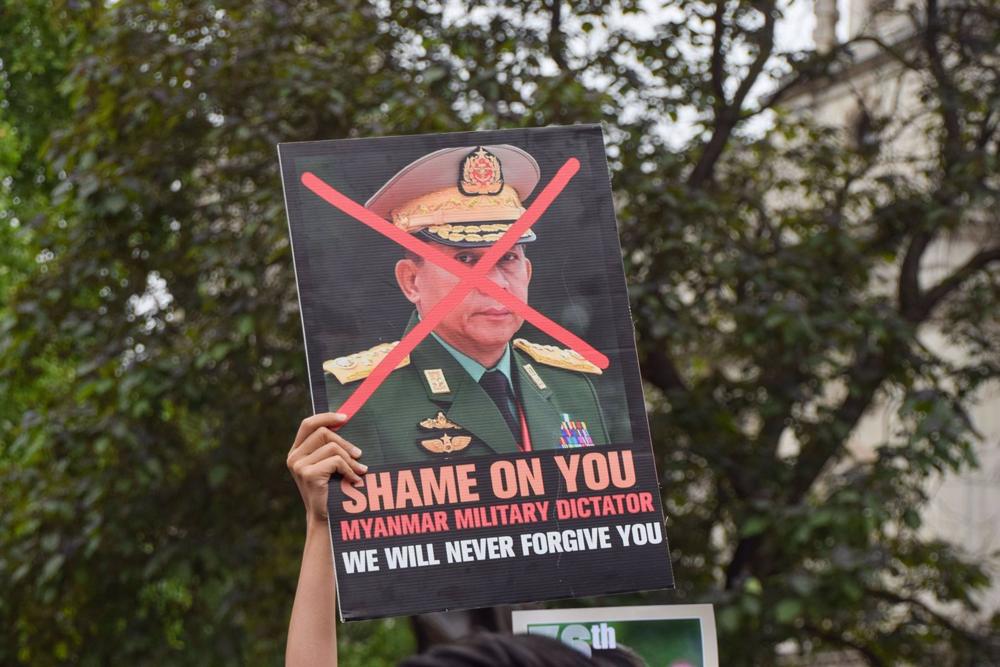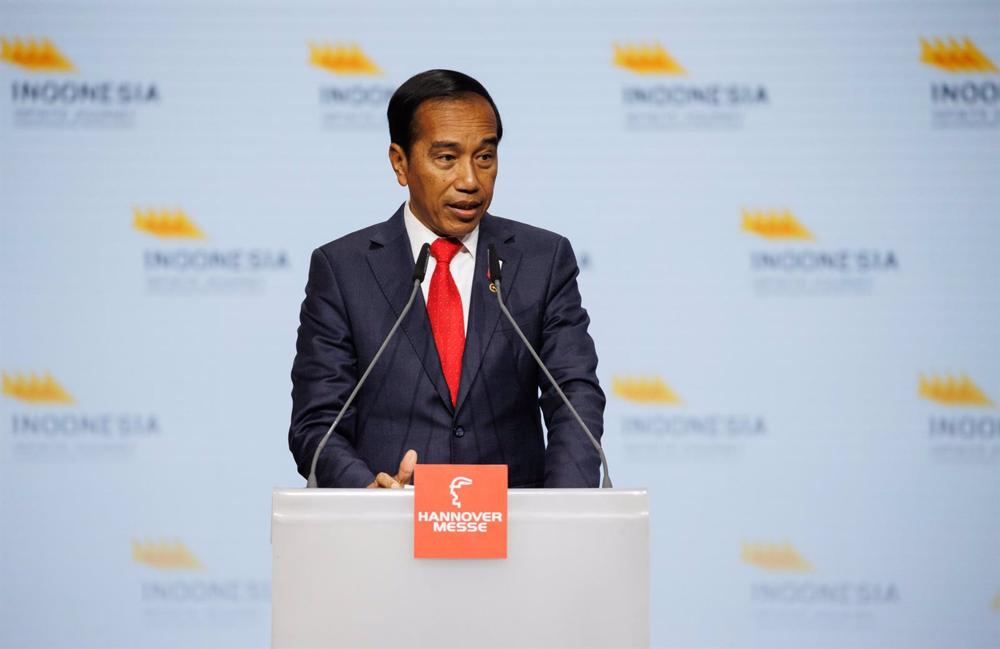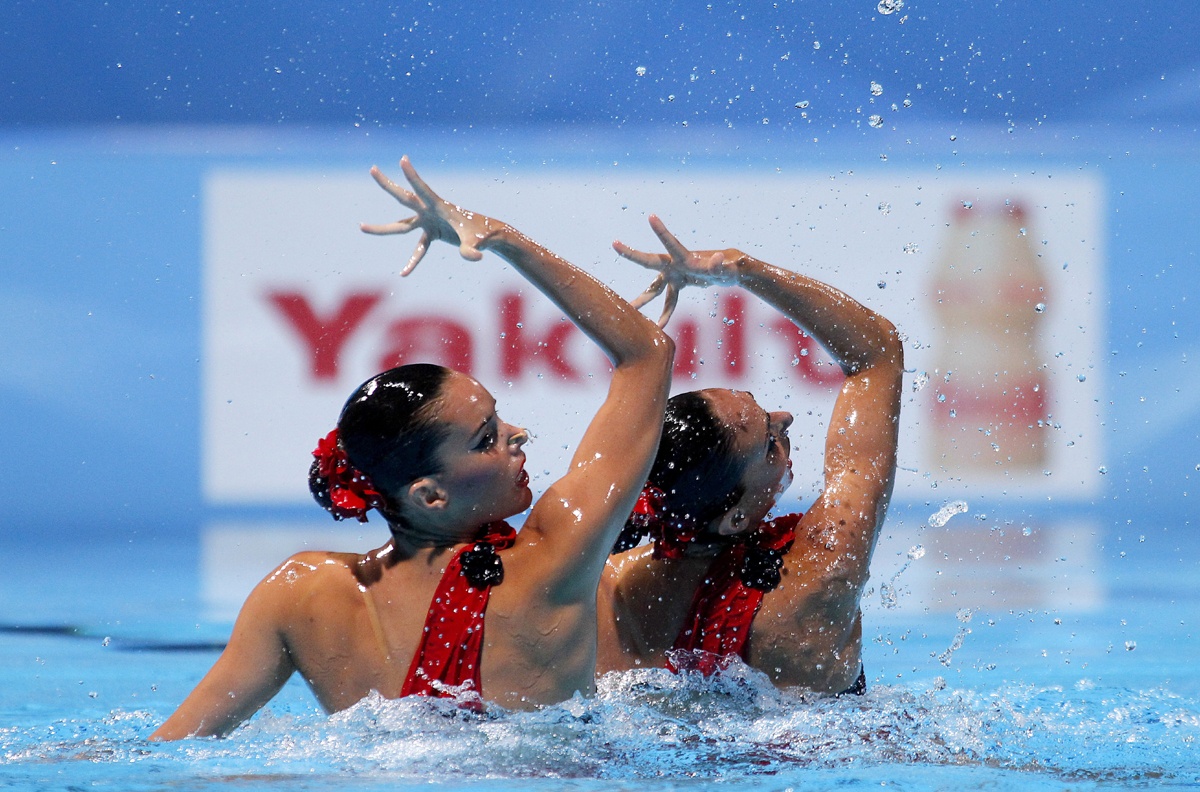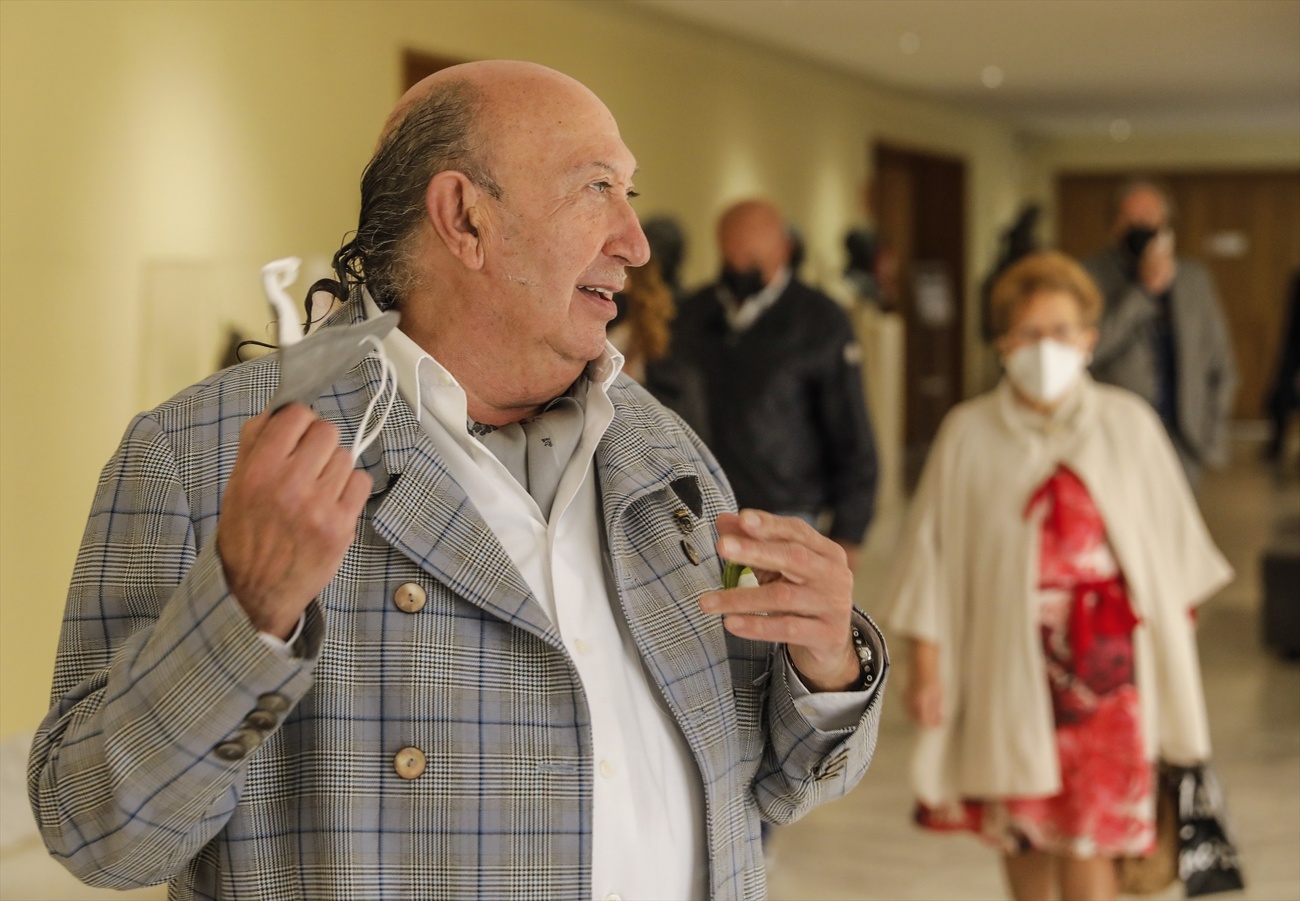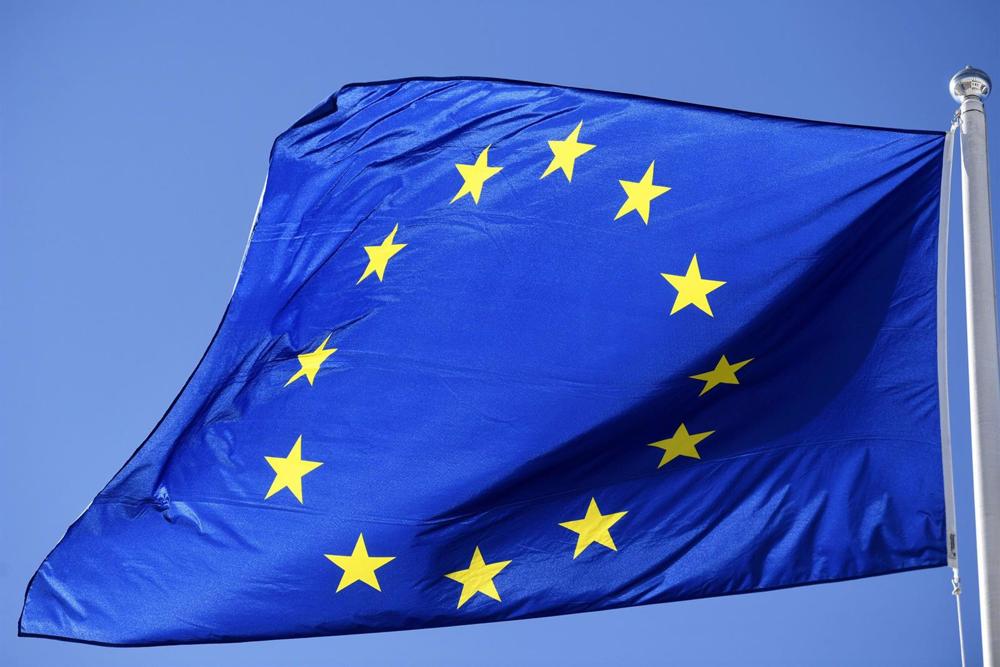
The heads of state and government of the European Union will meet this Thursday at a summit in Brussels marked by tensions on migration issues following the increase in irregular arrivals and the urgency to find a response to the subsidy law adopted in the United States to promote green technology, which the EU sees as discriminatory and unacceptable.
Europeans are concerned about the new US Inflation Reduction Act (IRA) with a package of 369 billion dollars in subsidies to boost investment in the United States, and Brussels has already warned that it could harm European industry, particularly the automobile, battery and renewable energy industries.
In a letter to the leaders before meeting on Thursday, the President of the European Commission, Ursula von der Leyen, pointed out the «risk of unbalancing the playing field and discriminating against companies» that the US subsidy law entails, although she appreciates that Washington is taking the step of committing to the green transition, as Europe has already done with the Green Pact.
In her analysis of Washington’s strategy, the German politician says that she is considering a review of the EU’s state aid rules and insists on the need for a «European sovereign fund» to decarbonize European industry, for which she will present concrete proposals in the summer, although some capitals consider that the EU already has adequate funds and instruments.
European countries agree on the need to study and analyze the US doping of their companies, but some partners warn of the danger of «starting a race» of subsidies that «would not help» the EU either, because the big countries could participate but others would be left behind, according to diplomatic sources.
The migration issue will also be addressed by the leaders with different visions of how to deal with the situation and the repeated calls from Brussels to unblock the reform of migration and asylum policy that the EU has been trying to agree unsuccessfully for several years, because of the far apart positions regarding the responsibility and solidarity that each partner should assume in sharing the burden of asylum.
The recent crisis between France and Italy over the refusal of the new far-right government of Giorgia Meloni to allow 200 migrants rescued at sea to disembark in its ports will be one of the edges of the debate that Brussels is trying to appease with action plans for each route based on stricter border control and greater cooperation with third countries to speed up deportations of those who enter irregularly.
The veto by Austria and the Netherlands this week to allow Romania and Bulgaria to enter the Schengen border-free area, despite the unwavering support of the rest of the partners and the endorsement of the European Commission, which for a decade has affirmed that they meet the criteria, will be another point of foreseeable friction when the leaders discuss migration.
ENERGY AND UKRAINE The President of the European Council, Charles Michel, plans to dedicate a single day to the traditional December European Council, although the heavy agenda and the sensitive issues foresee a long day that will probably last until the early hours of the morning, according to different European sources.
Although it is not on the agenda, it is also likely that the leaders will discuss relations with Qatar, after the scandal uncovered late last week by the plot of alleged payments of bribes from representatives of this country to MEPs and parliamentary assistants to gain weight in the EU.
Together with the migratory pressure due to the reactivation of irregular routes through the Central Mediterranean or the Western Balkans, the leaders’ debates will also focus on the energy market and the need for long-term reform, a framework in which the President of the Government, Pedro Sánchez, will try to convince his German, Olaf Scholz, and Dutch partners, Mark Rutte, to withdraw their reservations about lowering the ceiling on the price of gas imports that is being negotiated at 27.
The continuation of the support to Ukraine and the forceful response to Russia’s invasion will be another of the issues to be discussed among leaders, when the ninth package of sanctions has not yet been approved, although they will be able to confirm the macro-financial assistance of 18 billion euros to Ukraine for 2023, after overcoming Hungary’s veto to this and other key decisions last week.
